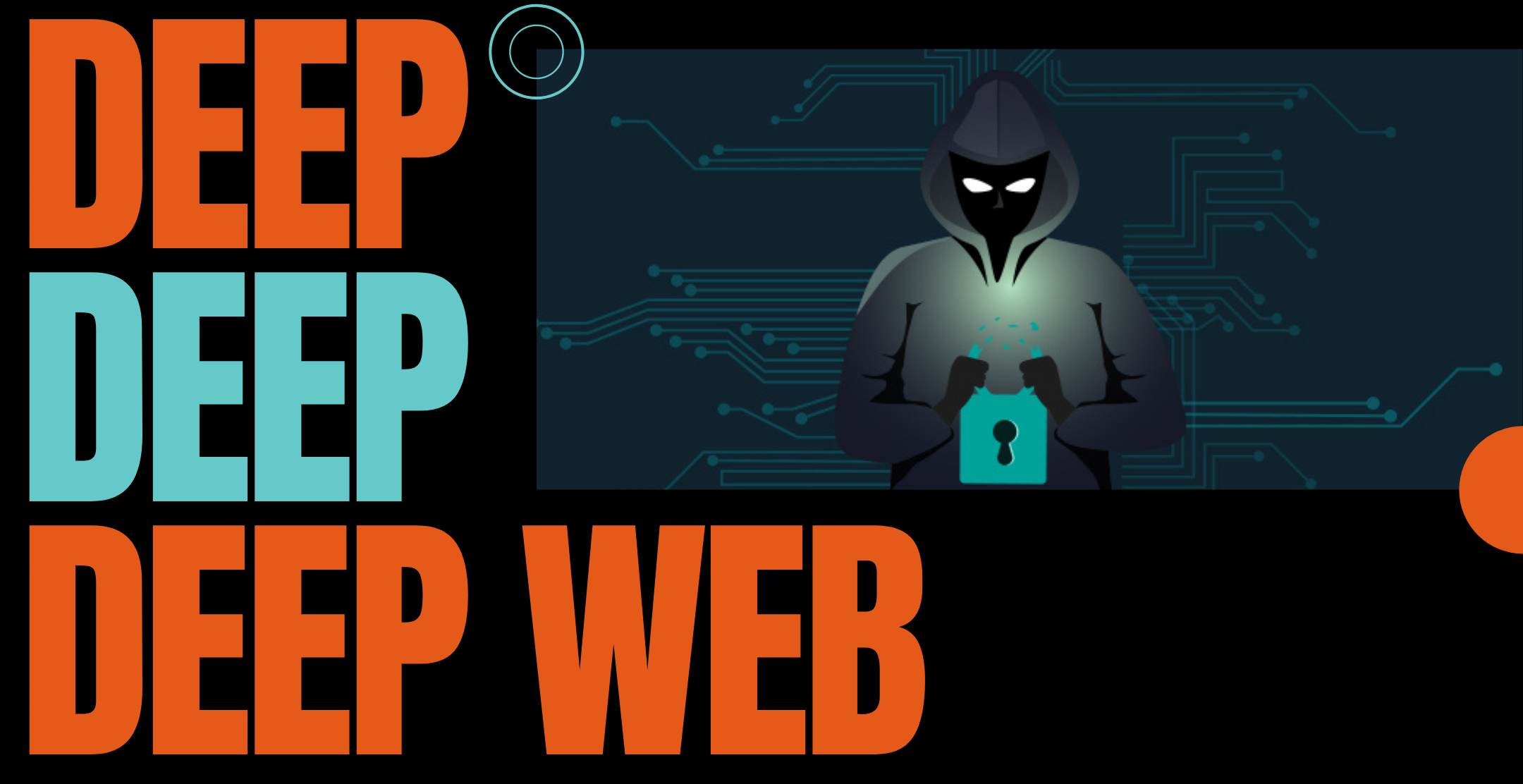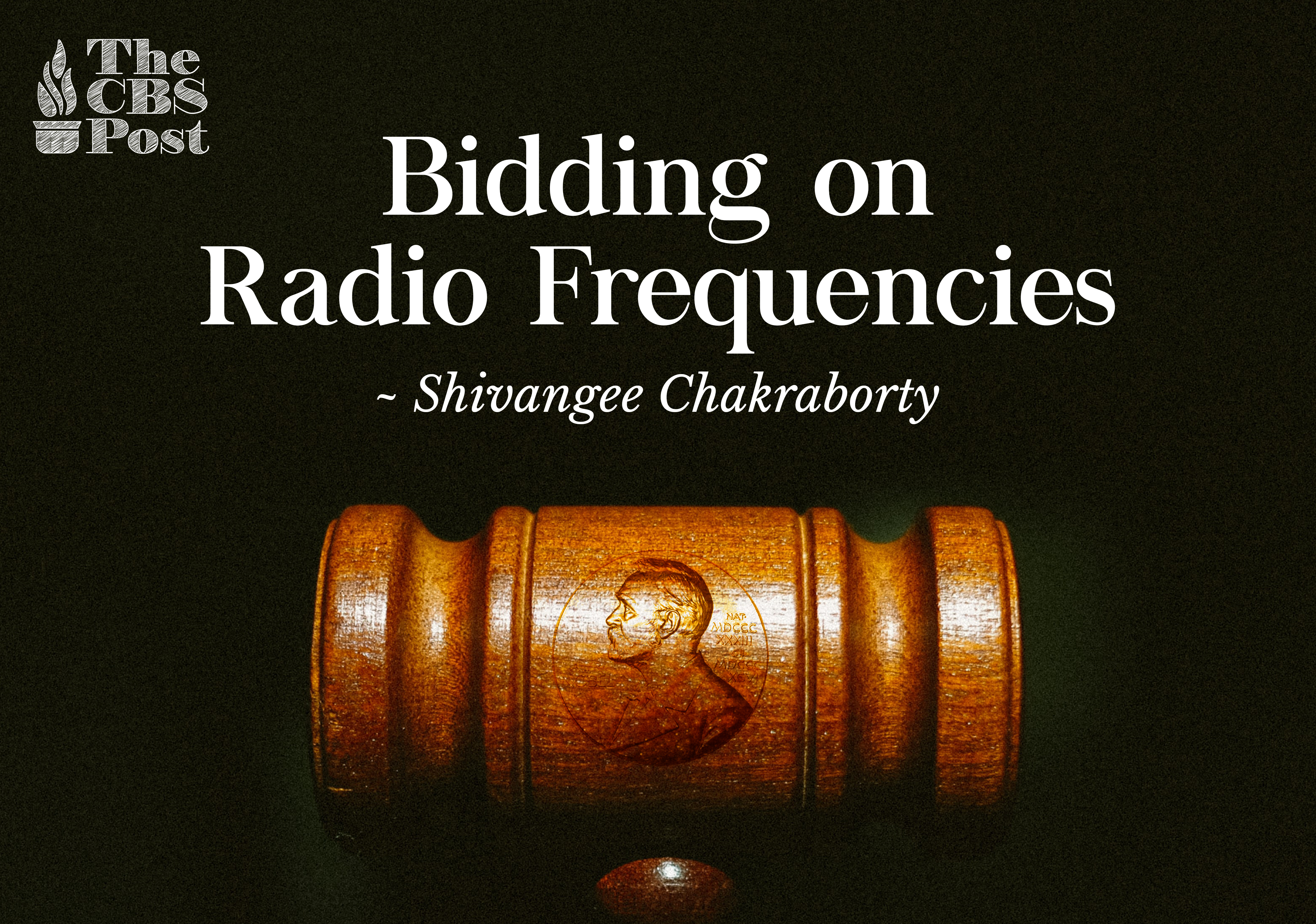Deep Web and Virtual Economy
The virtual economy is an emergent economy existing in a virtual world, initialising the commerce of virtual goods originally in the context of an online game.
The real economy is our habitat, virtual economy is the new resort. Some people do interact with virtual economies for “real” economic benefit. Dealing and transactions of virtual currencies for ‘real’ benefit is what makes this economy more real than ever.
According to Business Insider, this part of the internet is estimated to be 400 to 500 times as large as the Surface Web. The deep web is a cumulative web of non-indexed pages on the internet, the dark web is the crime hub of anonymous and non-legal transactions.
In the late 1990s, two research organizations in the US Department of Defense developed an anonymous and encrypted network to facilitate communication of US spies. is devised the Tor network, abbreviated for “The Onion Router”, denoting the multiple layers of encryption. It facilitates a growing underground marketplace that sophisticated criminals are using to traffic drugs, stolen identities, child pornography, other illicit products and services. Cryptocurrencies, anonymous and algorithmic by nature, are primarily the mode of payment.
Because of it’s decentralised exchange, monitoring and enforcing reins over this virtual tool seems to be the primary concern for a lot of governments and financial institutions all over the world.
In 2016, a study by research firm Terbium Labs analyzing 400 randomly selected onion sites suggests that over half of all domains on the dark web are in fact legal. A recent report by a leading crypto-payment analytic firm, Chainalysis, shows that Bitcoin transactions on the dark web grew from approximately $250 million in 2012 to $872 million in 2018. Crystal Blockchain Analytics, A Bitcoin technology firm also unveiled that the total figures in terms of the amounts in USD, dark-net actors received and sent an increased amount of money, from $384 million in Q1 2019 to $411 million in Q1 2020.
The United Nations estimates that the amount of money laundered globally through the dark web in one year is 2 to 5 percent of global GDP—between $1.6 trillion and $4 trillion.
While the dark web is seemingly black, yet everything today cannot be seen as black or white. There is a reason metaphorically why the dark web drew comparison to black market but never was never similar to it.
According to a recent report by Top10VPN.com, the most valuable data currently being surfaced within the dark web are from services that bring about a little ease, relaxation, entertainment, and admittedly, a little sanity for people “sheltering” in place. report claimed,”The reality is that even if people do stop using services such as Instacart or Peloton as they return to picking up their own groceries or going to the gym, it’s unlikely that they will completely delete their accounts when they cancel their subscriptions. This abandonment of unused accounts is an aspect of consumer behavior online commonly exploited by cybercriminals to harvest personal data.”
For individuals living under oppressive regimes and political ghettos, the dark web becomes a source of livelihood. Societies reside in such recession of the web to be free from persecution and enhanced communication. Alternatively, it can simply deliver privacy and anonymity for those wary of how corporations and governments are tracking, using and potentially monetizing.
While the debates will go on its penetration and usage, what is important to realise is that even if you aren’t using deep web you still will be vulnerable towards how the economy will be shifting towards it in the upcoming decades.




Comments